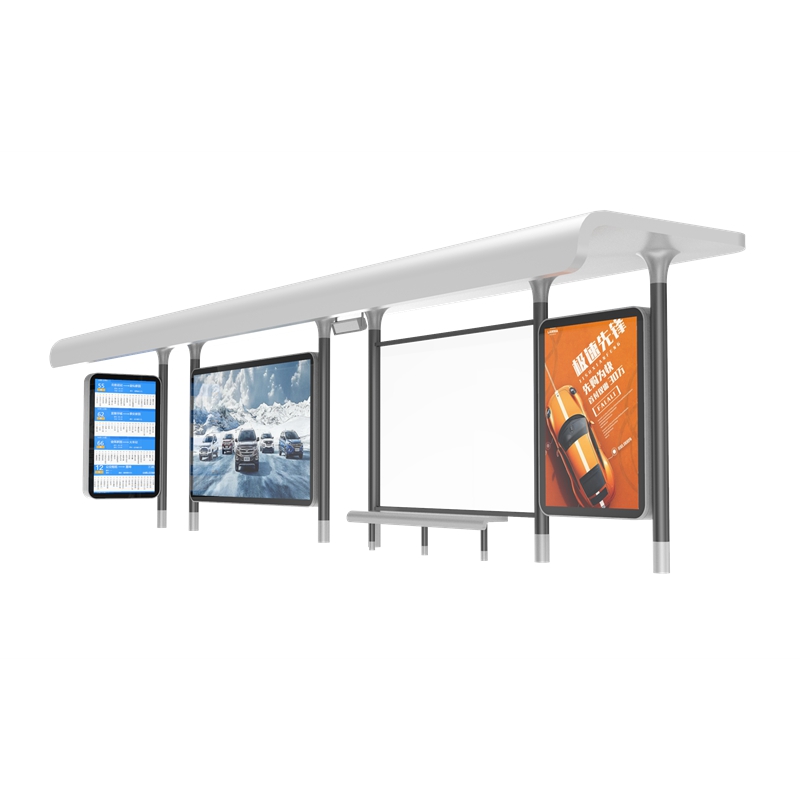With the rapid development of technology, public transportation is also continuously improving. Among them, the smart bus station has gradually become the development trend of modern public transportation systems. This article will introduce the principles, functions, advantages, and future development of smart bus stations.
1. Principles of Intelligent Bus Stations
Smart bus stations utilize advanced Internet of Things technology to collect and transmit real-time information about passengers and vehicles through sensors, cameras, and other devices. Meanwhile, with the help of cloud computing and big data technology, the collected data is processed and analyzed to achieve intelligent management and service for the station.
2. Functions of Smart Bus Stations
1. Real-time Vehicle Arrival Prediction: By receiving GPS positioning information, intelligent stations can accurately predict the arrival time of vehicles, providing passengers with a more convenient commuting experience.
2. Electronic Display: Showing arrival times, current time, weather, news, and other information, the electronic display is convenient for passengers to obtain information.
3. Smart Payment: Supporting scanning code payment, card payment, and other payment methods, it improves the efficiency of taking the bus.
4. Passenger Information Query: Querying vehicle arrival time, and itinerary information through screens or mobile phone apps, improving public transportation service quality.
5. Safety Monitoring: Monitoring stations in real-time through cameras and other devices to ensure passenger safety.
6. Public Wi-Fi: Providing free Wi-Fi services for passengers to surf the internet.

3. Advantages of Smart Bus Stations
1. Improving Commuting Efficiency: Through real-time vehicle arrival prediction and electronic displays, passengers can plan their trips more conveniently and reduce waiting time.
2. Improving Public Transportation Service Quality: Smart bus stations can monitor vehicle arrival times, traffic conditions, and other information in real-time, providing passengers with more accurate and timely services.
3 . Improving Safety: Through safety monitoring and smart payment measures, ensure the safety of passengers' belongings and bus boarding.
4. Reducing Costs: Intelligent bus stations can achieve automated management and service, reducing labor costs and improving operational efficiency.
4. Future Development of Intelligent Bus Stations
With the continuous development of technology, smart bus stations will further develop and improve. In the future, we will see more intelligent and humanized bus stations that provide passengers with more convenient, efficient, and safe public transportation services. At the same time, smart bus stations will also seamlessly integrate with other transportation modes to build a more complete urban transportation network, promoting sustainable urban transportation development.








 Share to:
Share to: